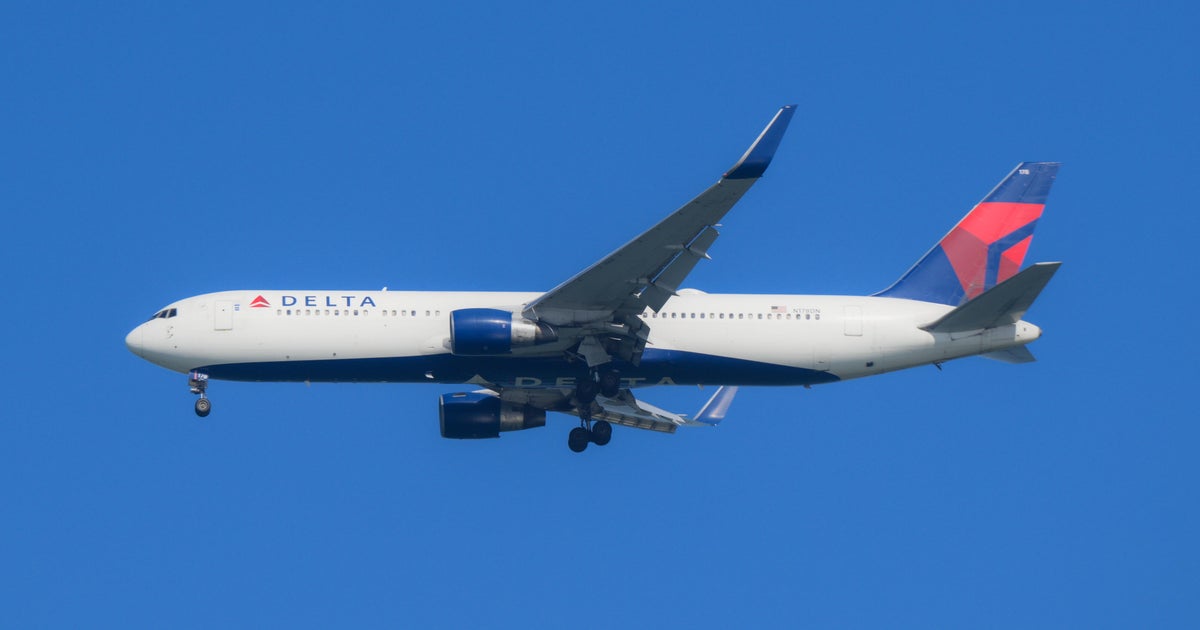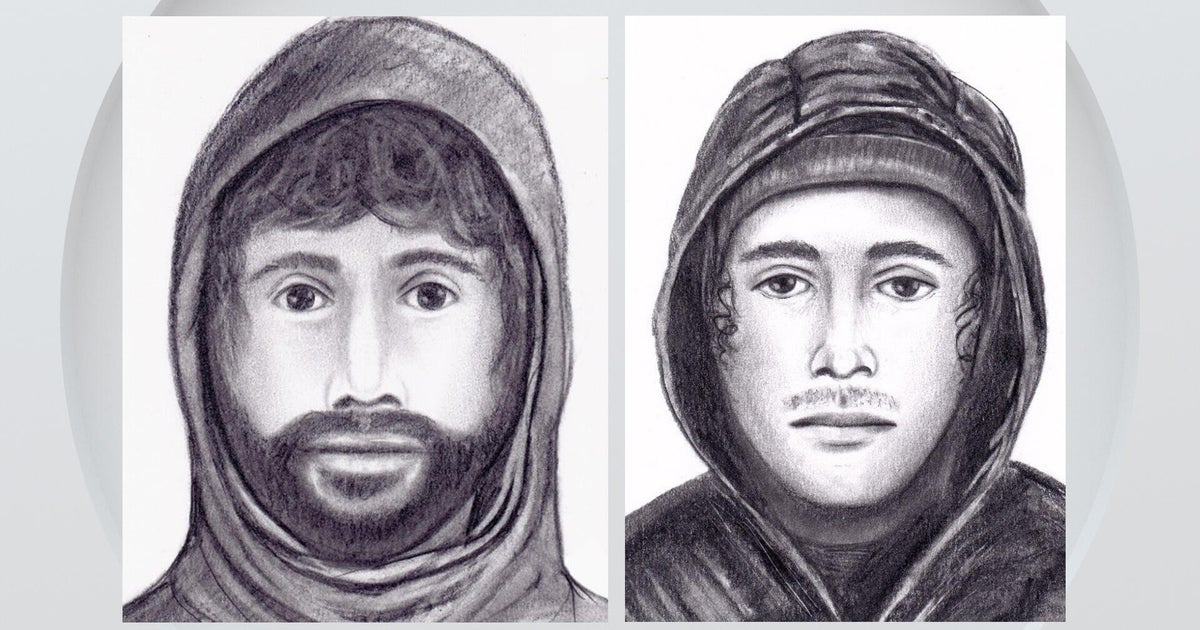Airlines grapple with increased reports of in-flight harassment
Sparring between two passengers on a recent American Airlines flight highlights an unfortunate reality for travelers these days: The skies aren't so friendly after all.
"The issue of passenger behavior or unruly flyers has been of increasing concern to airlines over the past decade," according to Ben Mutzabaugh, senior aviation editor at The Points Guy, an online resource for travel information. "Just like elsewhere in society, there's no shortage of situations where someone is abused or taken advantage of that shouldn't happen, and it happens on airlines, too."
Just ask kidnapping survivor Elizabeth Smart. She told "CBS This Morning" earlier this month that she'd never felt worried or threatened on an airplane until a Delta Air Lines flight last summer in which she woke up to a man rubbing her inner thigh. Smart added that she doesn't blame Delta for the incident, which the FBI and the carrier are investigating.
Another incident involves a 32-year-old man accused of sexually assaulting a female passenger during an American Airlines flight in November in which the plane was diverted so the suspect could be taken off the plane.
A 14-member government task force that's been studying sexual misconduct on planes is expected to make recommendations this month.
Airlines are paying more attention to passengers' well being, and crews are paying more attention to protect those who might be at risk, Mutzabaugh said. "So many people already feel vulnerable when they are traveling, so it's a real concern in the industry. We are all more aware as a society, so it stands to reason that airlines would come aboard."
To that end, Southwest Airlines' preflight emergency briefings now invite passengers to "Please report any unwelcome behavior to a flight attendant." The change took effect January 22 and "reflects Southwest's commitment to ensuring a safe and welcoming environment at all times for each of our customers and employees," the carrier said in an email to CBS MoneyWatch.
Southwest's decision drew praise from the National Sexual Violence Resource Center. "Airlines need to be proactively educating passengers" to be on the lookout for unwanted advances or worse, a spokesperson said. "It also sends a message to everyone on the flight that this type of behavior is taken seriously and will be addressed."
American Airlines trains its flight attendants to address "a wide range of issues that may arise in-flight," according to a company spokesperson, who added the airline wants its employees to feel comfortable reporting instances of sexual misconduct.
No way to track incidents
The fact that there is no national system or group tracking such incidents is among the challenges that makes the problem difficult to address, according to the center's spokesperson. "Based on everything we do know, in-transit it's fairly common for people to have these experiences, whether on public transportation like a subway or on flights."
The union representing 50,000 flight attendants at American and 19 other carriers has also previously raised the issue. A 2018 survey by the Association of Flight Attendants-CWA found that more than two-thirds of flight attendants reported being sexually harassed on the job. Further, 1 in 5 flight attendants reported getting reports of passengers assaulting other passengers, the group found.
The union has since voiced support for legislation proposed in November intended to address in-flight harassment. The bill introduced by Oregon Democrat Peter DeFazio would require airlines to adopt clear policies and procedures to prevent assaults.
Sexual assault on airplanes is a growing problem, according to somewhat dated figures from the FBI. In-flight sexual assaults reported to the agency climbed to 63 cases in 2017 from 38 such incidents in 2014, the FBI noted in issuing a public warning in April 2018.
FBI Special Agent David Gates stated that the crime typically involves unwanted touching by male perpetrators, with women and unaccompanied minors the victims.
Crimes aboard planes fall within the FBI's jurisdiction, and in the case of in-fight groping is a felony. But people oftentimes let their guard down when flying, especially on overnight flights where people might drink alcohol or take sleeping pills, with a dark cabin and close seating providing an opportunity.
"One thing that clearly doesn't help is alcohol, and the airlines and industry in general has been working to try to increase awareness of don't drink too much before you get on the plane," Mutzabaugh said.
The "era of increasingly tight seats, especially in economy," could also be a factor in tempers fraying more easily for some passengers, given all the other stresses of travel, he added.



